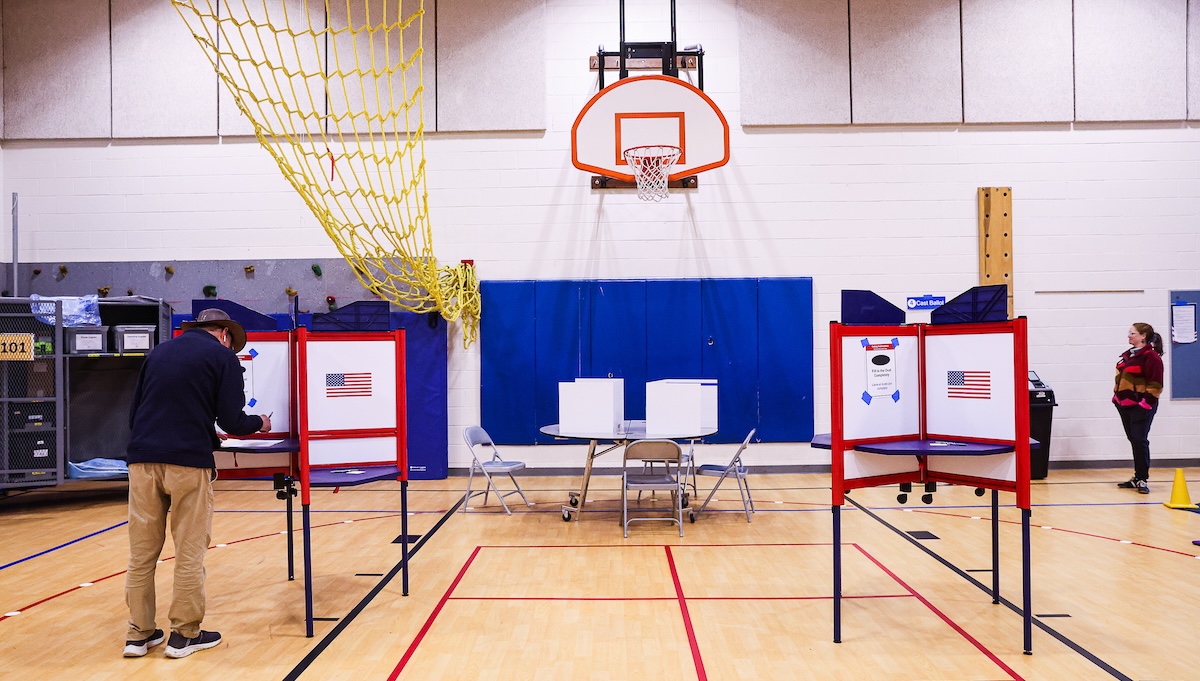
Sweeping guidance for Californians to avoid unnecessary gatherings will likely extend beyond March as health experts grapple with a fast-moving pandemic virus that has infected nearly 200 people in the nation's most populous state.
The statewide guidance Newsom issued late Wednesday applies to sporting events, concerts and even smaller social gatherings in places where people can't remain at least 6 feet apart. He provided details at a Thursday news conference.
Newsom said he expects it will affect the Major League Baseball season that begins at the end of the month. But so far, the guidance has not been extended to Disneyland or to casinos and card rooms.
It is not an official ban on big gatherings -- like Washington state and even San Francisco have done -- and Newsom said California's legal authority is limited when it comes to enforcement.
"I have all the expectation that it will be advanced and will be adopted. Invariably, what happens if it isn't? I'm not concerned about that. We have the tools in our toolkit if we need to move forward with stepped-up capacity," he told reporters.
Newsom also said 21 more Californians tested positive for the virus Wednesday, bringing the total to 198 infections. Four people have died.
The California Department of Public Health advisory says gatherings of 250 people or more should be postponed or canceled, and gatherings of people at higher risk for severe illness from COVID-19 should be limited to no more than 10 people.
U.S. & World
"Not holding that concert or community event can have cascading effects -- saving dozens of lives and preserving critical health care resources that your family may need a month from now," Newsom said in a statement.
The goals are to delay the rates of transmission and death by reducing the number of people who contract COVID-19 before an effective treatment or vaccine is available, protect the elderly and chronically ill, and to preserve and protect the health care system's capacity to respond, the guidance says.
It vastly expands California's response to the outbreak as cities and others have instituted ever-increasing methods to curtail the spread of the virus. San Francisco, Oakland and Santa Clara County, which includes Silicon Valley, banned gatherings of 1,000 or more people.
"Changing our actions for a short period of time will save the life of one or more people you know,'' Newsom said in a statement. "That's the choice before us. Each of us has extraordinary power to slow the spread of this disease. Not holding that concert or community event can have cascading effects -- saving dozens of lives and preserving critical healthcare resources that your family may need a month from now. The people in our lives who are most at risk -- seniors and those with underlying health conditions -- are depending on all of us to make the right choice."
Smaller events must be limited to no more than 250 people and can only take place if organizers can implement social distancing of six feet per person and gatherings of people who are at higher risk for severe illness from coronavirus should be limited to no more than 10 people and also follow the social-distancing guidelines, the statement said.
According to the state's updated policy, a gathering is now defined as "any event or convening that brings together people in a single room or single space at the same time, such as an auditorium, stadium, arena, large conference room, meeting hall, cafeteria or any other indoor or outdoor space" and applies to "all nonessential professional, social and community gatherings regardless of their sponsor."
Essential gatherings should only take place if the activity could not be postponed or carried out without people gathering, the statement said.
"These changes will cause real stress -- especially for families and businesses least equipped financially to deal with them,'' Newsom said. "The state of California is working closely with businesses who will feel the economic shock of these changes, and we are mobilizing every level of government to help families as they persevere through this global health crisis."



